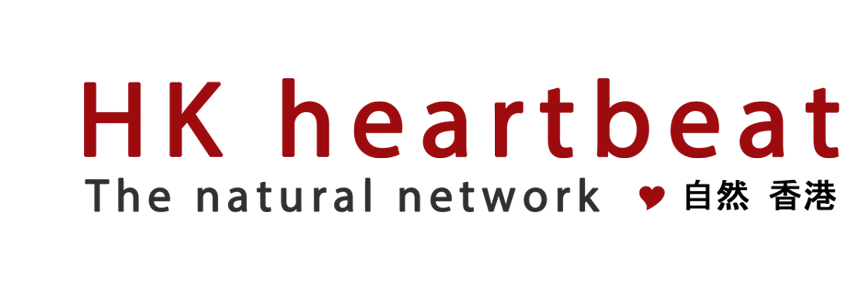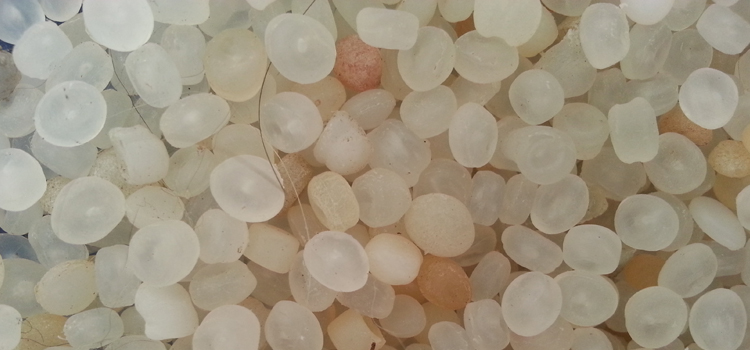Yesterday, I spoke with a friend whose family has lived in a local Hong Kong fishing village for many generations and I asked him about the beach trash problem. He agrees the problem has been around for a long time but more people are talking about it.
He told me the village elders are waiting for the first big typhoon of the season to clear the beach and the bay.
This solution has worked since the beginning of time when they relied on natural materials for their furnishings, toys, tools, clothing and accessories. Disposal could be easily managed with this annual removal method because everything would be composted.
Their ancient traditional lifestyle is all natural.
Our modern plastic lifestyle? Not so much.
While we have done our best to sell our western lifestyle to developing nations, we have not included user instructions. We have not provided information to local populations about the hazards of our habits when we convince them to adopt the culture of convenience.
Unlike their traditional biodegradable, natural containers made from wood, bamboo, coconuts and banana leaves, plastic packages, bottles and containers cannot be burned in ditches, dumped by the shores or disposed on riverbanks.
Their disposal habits have not changed.
The materials they are disposing have changed dramatically.
Plastic was never intended as a single use material. It is durable and designed to last for decades. Plastic is not the problem. How we use it is the problem. We are addicted to disposable convenience.
Changing to biodegradable materials and continuing to promote consumption is not an easy solution. Bioplastics come with their own set of problems. For example, industrial agriculture is a problem, whether for food or fuel. Our ecosystem can’t take the loss of diversity. Not so long ago, palm oil was the solution for transfats and it is now one of the world’s greatest destroyer of vast, vulnerable ecosystems.
What can we do?
- Stop buying single use plastic
- Ask for mandatory recycling
- Cut out styrofoam
Big businesses are run by real people with children who are growing up with new priorities and children often rebel against their parents. Only a few executives have to change their minds.
We’ve got this.
Naturally,
Kinzie
Founder & Publisher
www.heartbeat.com.hk
natural life in the fast lane
Everything is connected.
Listen to your own heartbeat.
More : The #PopUpCleanUp Recipe | E-waste


